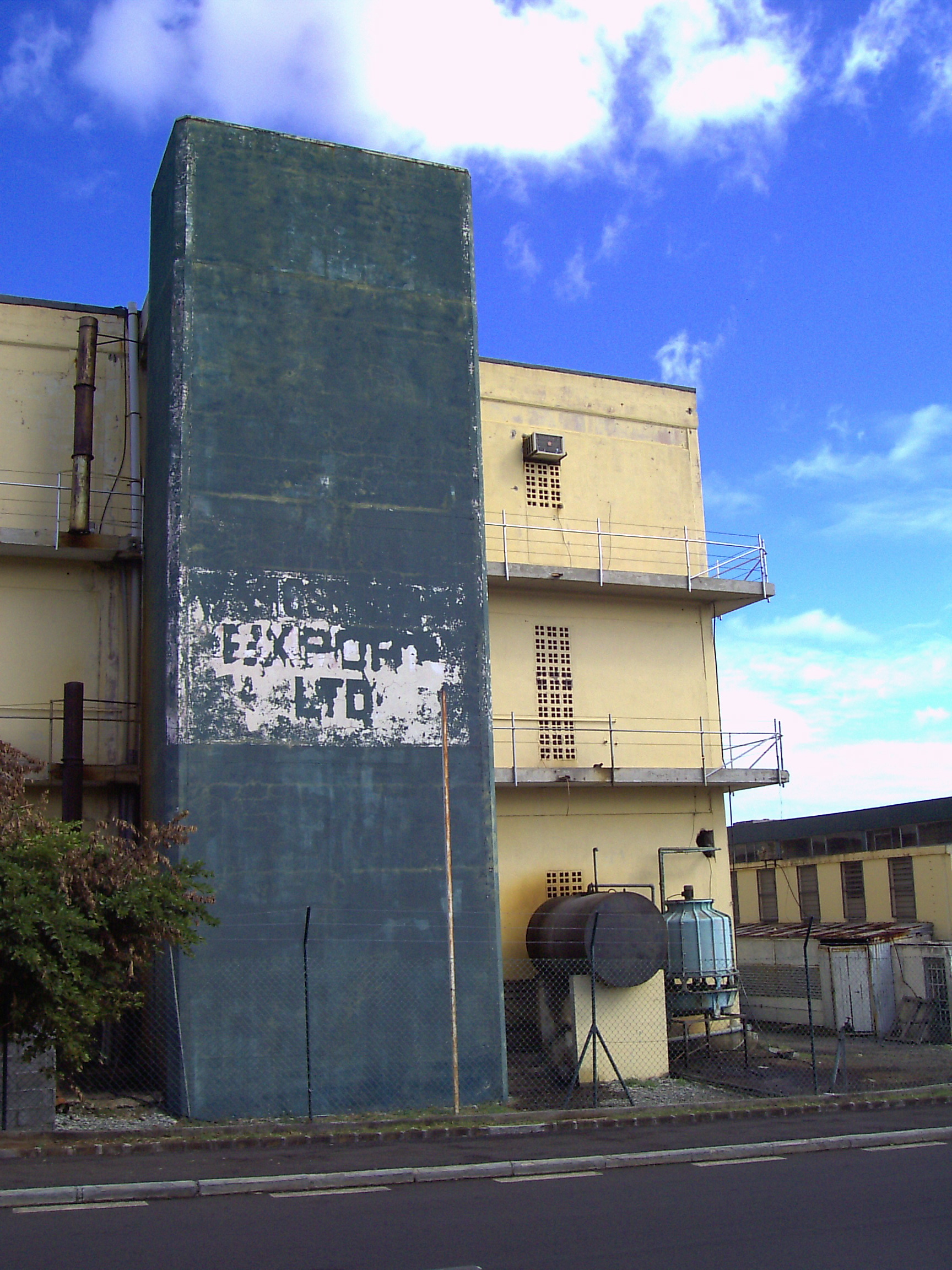This presentation by Patrick Neveling based on a book project, which will offer a pioneering empirical study and analysis of a major development in the global political economy of capitalism after the Second World War; the rise of export processing zones (EPZs) and special economic zones (SEZs), which are set up by nation-states offering tax breaks and pre-built industrial infrastructure to bring in foreign-direct investment in manufacturing.
Monday December 1
6:30 to 8:30 p.m.
Room 9205
Graduate Center, CUNY
Based on worldwide ethnographic and archival research in various UN agencies, the World Bank, several nation-states, multinational corporations and development agencies, the presentation offers a historical anthropology of the global spread of EPZs and SEZs from the first zone in Puerto Rico in 1947 to 3,500 zones employing more than 70 million workers in more than 130 nation-states in the present.
Three crucial analytical points emerge from the global spread of EPZs and SEZs. First, common periodizations of neoliberalism can be revised. Instead of a radical rupture in the 1970s it is suggested that a comprehensive neoliberal project for reorganizing global manufacturing began in the late 1940s. Second, and building on this, a post-regulationist approach to global capitalism can be sketched, which focuses on struggles over how relations between capital, state and labor should be framed. In the global spread of EPZs and SEZs such struggles were closely related to international relations of the Cold War. Individuals, institutions, governments and corporations central for promoting EPZs and SEZs – such as the Boston-based consulting corporation Arthur D. Little, development agencies in Puerto Rico and Ireland, or the United Nations Industrial Development Organization – often worked in concert with US and other Western Cold War development programs like Point Four and the Alliance for Progress. Third, the direction of the global spread of EPZs and SEZs is from periphery to center and this adds important data to David Harvey’s concept of the “historical geography of capitalism”, enabling us to say how this historical geography is “made” in the sphere of global light-industrial manufacturing.
Patrick Neveling (PhD, Social Anthropology, Martin-Luther-University, Halle-Wittenberg) is temporary Professor at the Institute for Social and Cultural Anthropology, University of Hamburg. He is also Researcher at the Department for Cultural Anthropology and Sociology, University of Utrecht, and Associate at the Historical Institute of Berne University. Patrick’s current research focuses on the global spread of export processing zones and special economic zones since 1947 and on earlier comparable regimes in the Indian Ocean. He is the author of Manifestationen der Globalisierung: Kapital, Staat und Arbeit in Mauritius, 1825–2005 (forthcoming, Cologne: Boehlau) and has published widely on the historical anthropology of capitalism. Patrick is also an editor of the Focaalblog, published by Berghahn Books and the journal for Focaal.
Several of Patrick’s publications are available here as open access: https://unibe-ch.academia.edu/PatrickNeveling
This event is sponsored by the Center for Place, Culture and Politics. It is free and open to the public.



